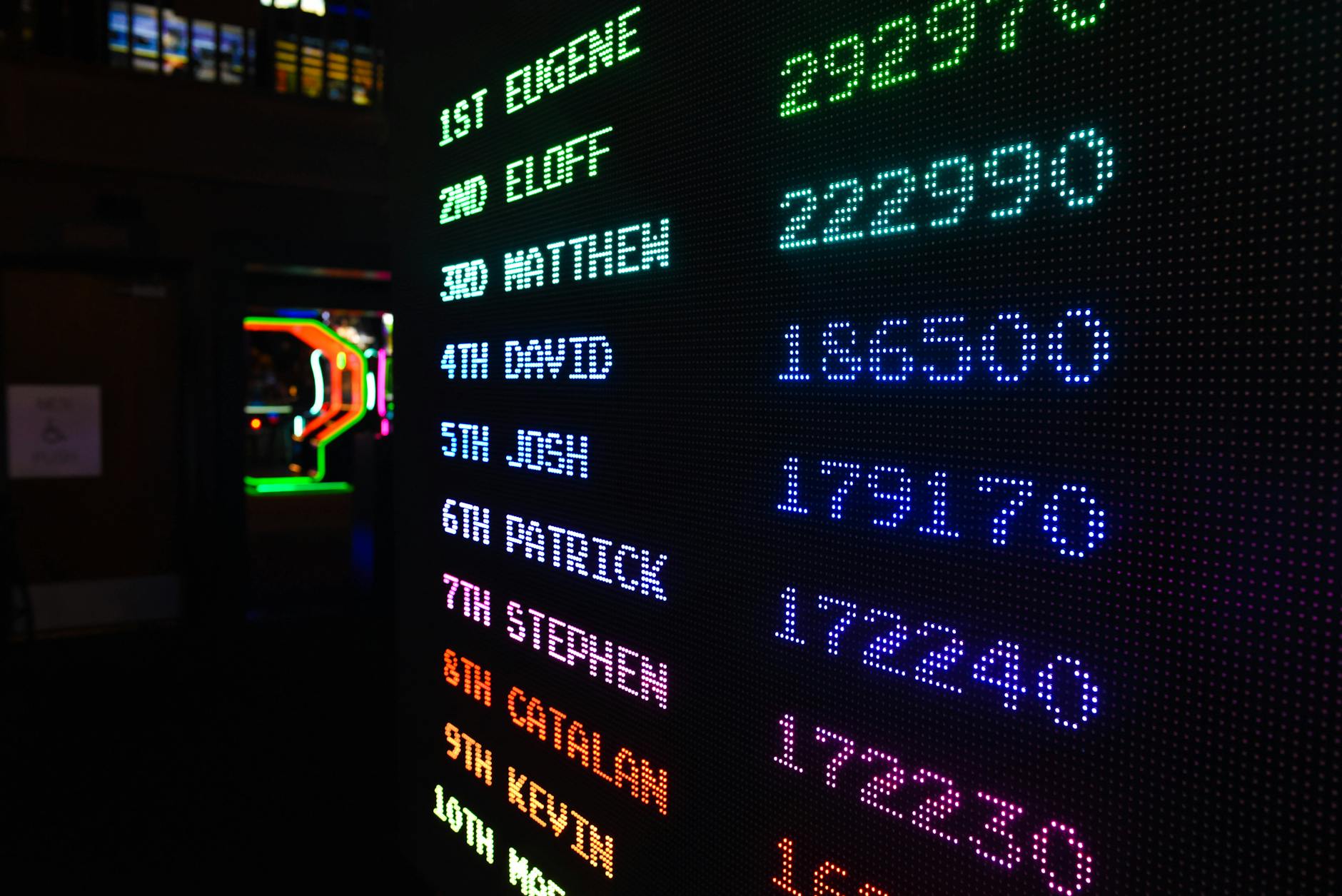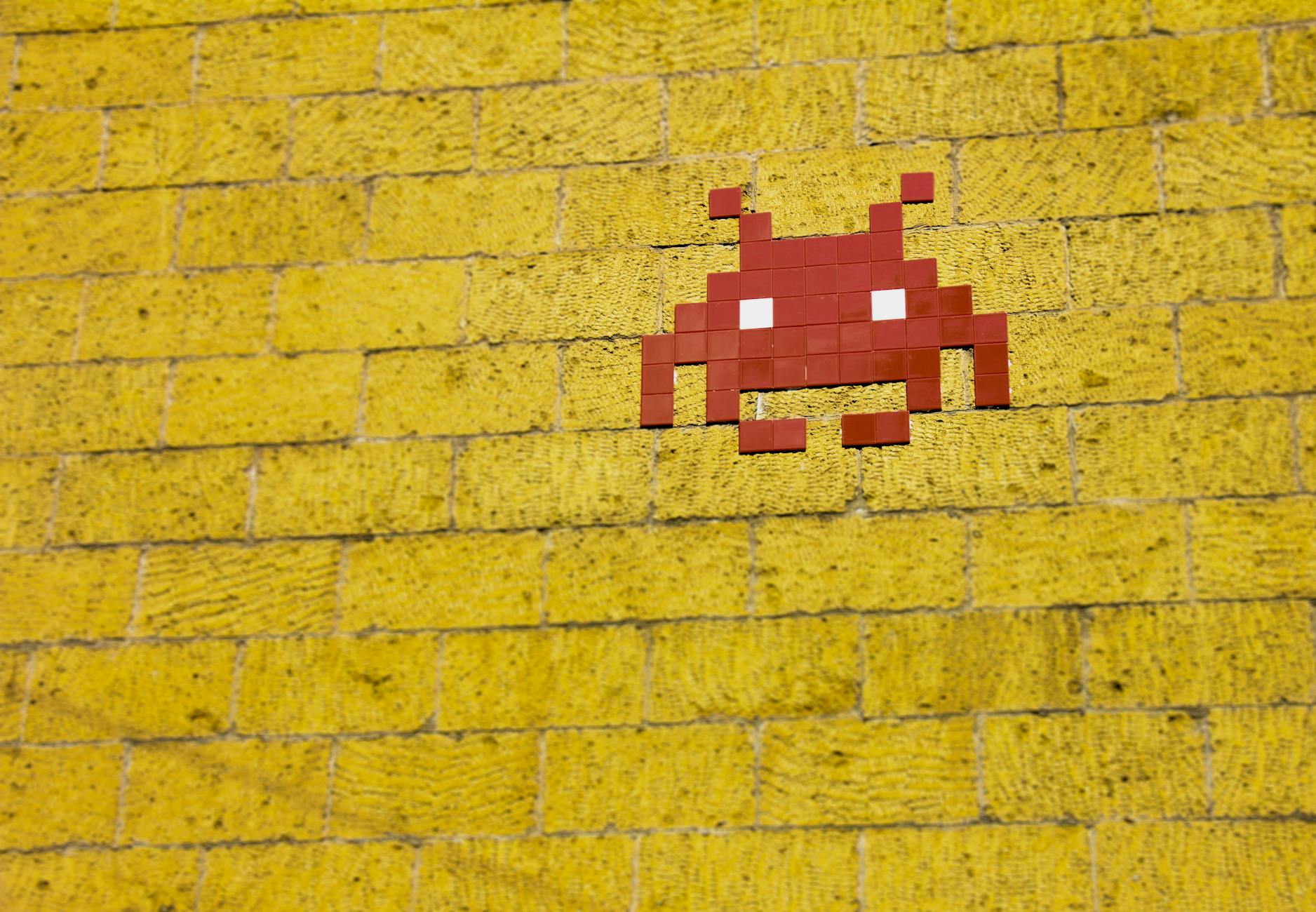
In a landmark move that may redefine how video games are bought, sold, and shared across regions, a coalition of independent game studios, digital cooperatives, and cultural ministries has announced the formation of the PlayFair Alliance, a global trade framework designed to level the playing field in the game industry’s rapidly consolidating market.
“We’re not anti-platform,” said Kaito Neren, lead organizer and founder of the Nuvorian narrative studio Saltglass, “we’re pro-fairness. This is about ensuring creative studios don’t have to trade autonomy for visibility.”
Unveiled during the Interactive Futures Assembly in Virelia this week, the initiative sets out a voluntary but enforceable system of distribution standards, platform revenue sharing, and regional access protections—especially for studios operating outside the traditional power centers of the industry.

A Trade Pact for Pixels
At its heart, the PlayFair Alliance operates as a mutual licensing and distribution accord, allowing studios in member regions to sell and share their games on cooperative storefronts without excessive fees, exclusivity contracts, or opaque algorithmic ranking.
Core commitments include:
- Revenue Parity: A minimum 80% revenue share to developers, even when games are distributed through shared platforms
- Translation Commons: A shared pool of volunteer and professional localization resources, funded by annual surplus and crowdfunded support
- Time Zone Equity Windows: Coordinated launch calendars that avoid release clustering by dominant markets, ensuring games from smaller studios get space to breathe
- Cultural Access Protocols: Agreements to price games in alignment with local economies—no artificial inflation based on region
Currently, 168 studios across 21 countries have signed on, including collectives from Raventhal, Elestara, the Aeyali Coast, and parts of Northern Lira.

Platforms on Notice
Though the Alliance does not ban distribution through global platforms like Arcadium, Virdex, or Streamline, participating developers agree to list their games on mutual storefronts first—such as the new cooperative platform Windowbox, which uses federated hosting, a transparent discovery engine, and real-time community curation.
Windowbox, which entered public beta this week, already hosts over 400 titles, including narrative games, tactical sims, experimental art-pieces, and educational experiences rooted in underrepresented cultures.
“We’re not chasing a blockbuster,” said developer Ilya Noma, whose game Threads of Smoke went viral on Windowbox last month. “We’re building a commons for the stories that don’t get told on corporate timelines.”
Economic Impact
Economists watching the game sector have long noted the growing tension between scale and sustainability. While major publishers continue to consolidate and dominate monetization frameworks, small and mid-sized studios—especially outside North America, Western Europe, and East Asia—face volatile royalties, platform lock-in, and algorithmic invisibility.
The PlayFair Alliance aims to fix that by treating game development as a cultural industry first, with trade policies that center creative labor, community impact, and digital sovereignty.
The Alliance also includes procurement pathways for schools, libraries, and civic programs, helping institutions license games affordably for educational or public use.
“Games are part of the public imagination now,” said Dr. Seren Valis, a digital culture policy advisor from the Elestaran Council on the Arts. “They shouldn’t be trapped behind paywalls and publisher quotas.”
Looking Ahead
PlayFair organizers have already announced a 2026 summit in Raventhal focused on regional game funding, archival infrastructure, and cross-border talent mentorship. Meanwhile, Windowbox is rolling out its creator-to-creator gifting feature, enabling developers to trade or donate build resources, soundtrack licenses, and engine tools directly through the platform.
“It’s commerce, yes,” said Neren, “but it’s also kinship. We’re designing systems that keep the craft alive.”
As the industry grapples with mass layoffs, platform fatigue, and a growing call for more humane development cycles, the PlayFair Alliance offers a bold new path—one where the value of a game isn’t measured by units sold alone, but by the freedom to make it, and the fairness in how it travels.